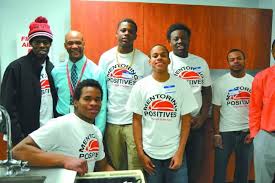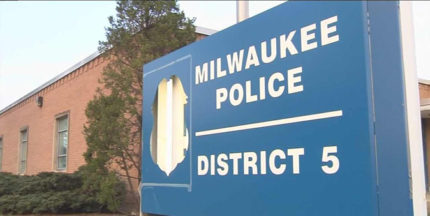Black children in Wisconsin suffer “extreme inequities” when compared to white children in the state, according to the Wisconsin Council on Children & Families report. But the Mentoring Positives program in Madison, Wis. is working to make a difference in the lives of underserved children in the community.
The Darbo community has been considered to be a “troubled area” by the residents for the last 30 years, according to Channel3000, but programs like Mentoring Positives, founded by Will Green, are creating opportunities for African-American youth to improve their stake in life.
“I know what those kids are going through,” Green told Channel3000. “I am those kids.”
Mentoring Positives’ Leader Academy has programs that serve both boys and girls in the community with tutoring four days a week, group mentoring once a week for boys and girls, basketball skills development for high school boys and other programs to provide new and engaging experiences for the children.
The organization is “committed to providing positive mentoring relationships, helping youth and young adults discover their talents, learn new skills and experience success through social psychological and emotional development preparing them for adulthood,” reads the mission statement.
Green coaches basketball at the Salvation Army basketball court and tries to inspire the kids to be good people. In the last 10 years, 2,000 children have been mentored through Green’s program.
Green’s program has helped young men like Raphael Ragland, who said he used to be “just one of the kids out on the street” until he met Green.
“I started coming here and getting in the gym more and my life went in a 360,” Ragland told Channel3000.
Ragland is now a mentor himself and is helping the young children who are coming to the program.
Organizations like Mentoring Positives are needed in Wisconsin because of the alarming statistics about the welfare and education of Black youths in the state.
Nearly 80 percent of Black youths in Wisconsin are 200 percent below the poverty level compared to 30 percent of white Wisconsin children. Meanwhile, the graduation rate for Black students is just 66 percent, according to the WCCF report.
Mentoring Positives strives to alleviate these problems by continuing to provide the educational and social support that Black children need to succeed.
Most of the funding for Mentoring Positives comes through individual donations, according to Channel3000.
Green believes that it’s not about the amount of programs available, but creating lasting programs that are successful, which requires funding.
“It’s been a struggle not having the resources we need to build our capacity and serve more kids,” Green said.

